We could not endure solitude were it not for the powerful companionship of hope, or of same unseen one
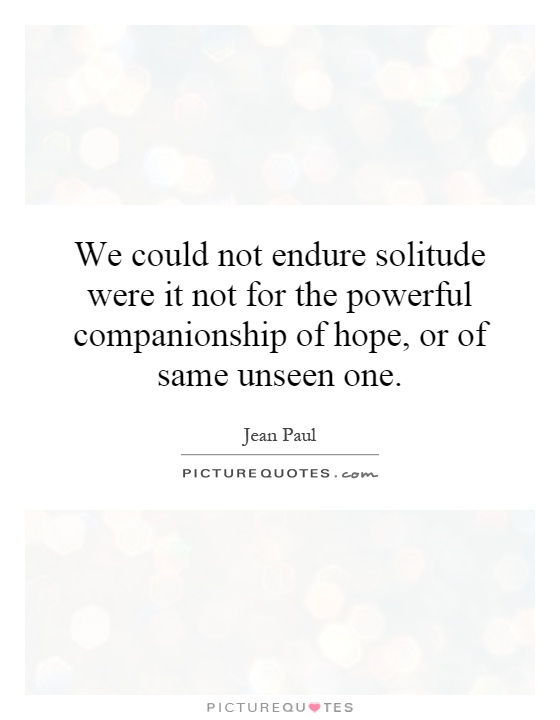
We could not endure solitude were it not for the powerful companionship of hope, or of same unseen one
Jean Paul, the German Romantic writer, was known for his deep exploration of human emotions and the complexities of the human experience. In his works, he often delved into the themes of solitude, hope, and the unseen forces that guide and sustain us through life's trials and tribulations.One of Jean Paul's most famous quotes is, "We could not endure solitude were it not for the powerful companionship of hope, or of some unseen one." This statement encapsulates the essence of his philosophy on the importance of hope and faith in overcoming the challenges of loneliness and isolation.
For Jean Paul, solitude was not just a physical state of being alone, but a profound emotional and spiritual experience. He believed that in moments of solitude, when we are stripped of external distractions and influences, we are forced to confront our innermost thoughts and feelings. It is in these moments of solitude that we are most vulnerable, most exposed to our fears and insecurities.
However, Jean Paul also believed that it is in these moments of solitude that we can find solace and strength in the companionship of hope or some unseen force. Hope, for Jean Paul, was not just a fleeting emotion or wishful thinking, but a powerful force that sustains us through the darkest of times. It is the belief that there is something greater than ourselves, something beyond our understanding, that guides and protects us on our journey through life.
In Jean Paul's view, this unseen force could take many forms – a higher power, a guardian angel, or even the presence of a loved one who has passed away. Whatever form it may take, this unseen companion provides us with the courage and resilience to face our fears and uncertainties, and to emerge stronger and wiser from our moments of solitude.


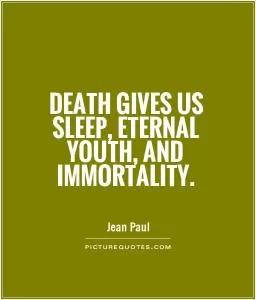
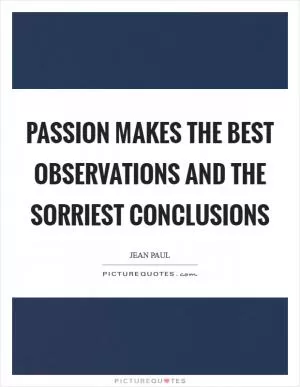
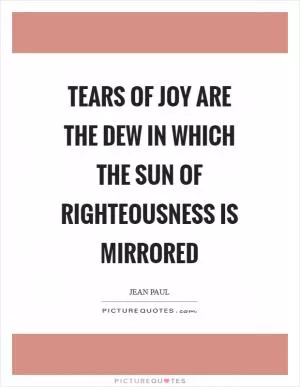


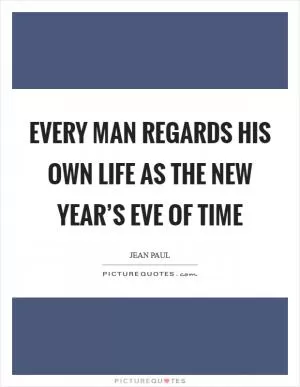
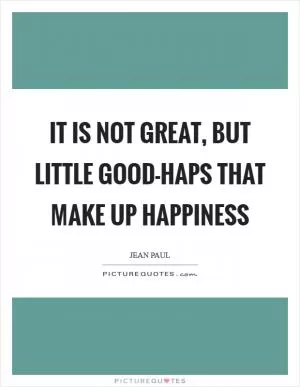



 Friendship Quotes
Friendship Quotes Love Quotes
Love Quotes Life Quotes
Life Quotes Funny Quotes
Funny Quotes Motivational Quotes
Motivational Quotes Inspirational Quotes
Inspirational Quotes